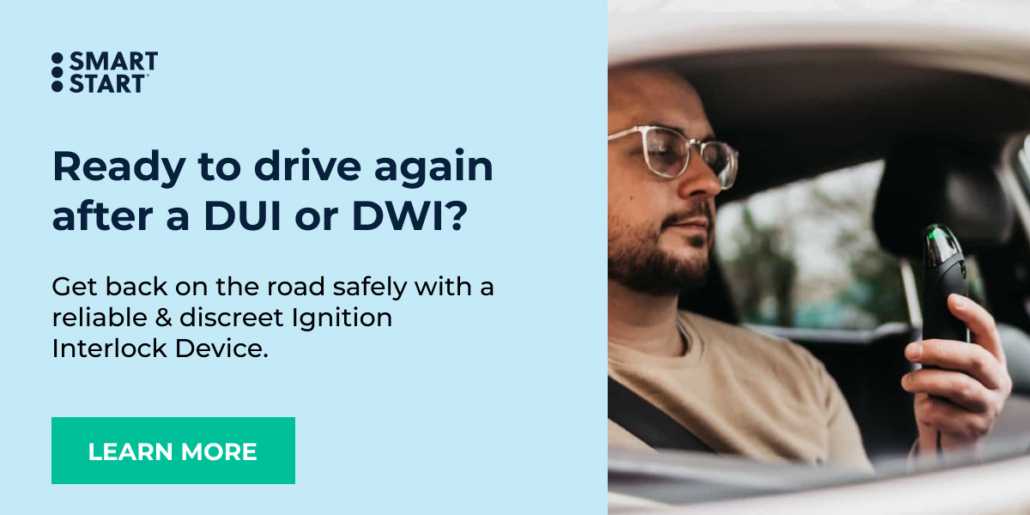Is a DUI a Felony in North Carolina (NC)?
About a third of all DUI arrests in the U.S. are for a repeat offense, which means they carry the possibility of being considered felonies.1 The difference between a DUI felony and a DUI misdemeanor differs by state, depending on your number of previous offenses within a certain timeframe, as well as other aggravating factors.
If you or a loved one is a North Carolina resident and recently convicted of a DUI, you might be wondering—is a DUI a felony in NC?
Fortunately, a DUI typically isn’t considered a felony in North Carolina unless you’ve surpassed three repeat offenses within ten years. Read on to learn more about the differences between a DWI felony and a DWI misdemeanor in North Carolina, the difference between the terms “DUI” and “DWI” in North Carolina, and the penalties you can expect to face.
DUI vs. DWI
To start, let’s explore the difference between DUI (driving under the influence) and DWI (driving while intoxicated/impaired). Some states use the terms interchangeably, some use one or the other, and some consider the two completely different charges (i.e. a DWI offense might be more serious than a DUI).
Technically, there is no legal difference between a DWI vs. DUI in North Carolina. While DWI is the term typically used in North Carolina law, there is no legal distinction between the two in this state.
NC DWI Penalties
You’ll automatically incur certain penalties when you’re charged with a DWI in North Carolina. These typically include a fine, a jail sentence, and an Ignition Interlock Device requirement (i.e., installing a breathalyzer device that prevents your car from starting if your blood alcohol content exceeds the legal limit).
Below are the baseline NC DWI levels2:
- First offense – Mandatory driver’s license revocation for one year (with possible limited driving privileges, i.e. for commuting to work), lowered legal limit of 0.04% blood alcohol content (BAC) for three years once license is returned, fine between $200-$4,000, a minimum sentence of 24 hours imprisonment, 24 hours community service, or a combination of the two.
- If your BAC is over 0.15, you’ll incur additional DWI penalties, such as immediate suspension of all driving privileges (no limited privileges) for the first 45 days of your year-long license revocation, as well as required Ignition Interlock system installation at your own expense for one year.
- Second offense – Mandatory driver’s license revocation for four years (if convicted within three years of first offense), lowered legal limit of 0.00% BAC for seven years once license is returned, fine of up to $2,000 (minimum punishment) or $4,000 (maximum punishment), a minimum sentence of seven days to 12 months imprisonment, all driving prohibited with no possible limited driving privilege for one year, required Ignition Interlock system installation at your own expense for three years.
- Third offense – Mandatory permanent driver’s license revocation (if your prior DWI conviction was within the last five years), fine of up to $10,000, sentence of one to three years imprisonment, required Ignition Interlock system installation at your own expense for seven years (if license is restored).
- Fourth offense – Mandatory lifetime driver’s license revocation with no possible limited driving privilege for at least ten years, a minimum sentence of one-year imprisonment, a maximum sentence of 59 months imprisonment, and a fine of up to $10,000. Your fourth offense is also considered a felony if you have had three previous convictions within the past ten years.
Other factors may affect the severity of your DWI penalties, such as whether you were of legal drinking age at the time, whether a minor was a passenger in your car, and whether you were driving while your license was revoked.
Misdemeanor DWI (DUI)
In North Carolina, a DWI is considered a misdemeanor unless you’re charged with four or more DWIs within ten years, in which case your fourth DWI conviction becomes a felony.2
Your first three DWI charges in North Carolina will carry less severe penalties, but it’s still best to find an attorney and gather funds for legal fees as soon as you can.
Felony DWI (DUI)
In North Carolina, if you’re convicted of four or more DWIs within ten years, your fourth DWI charge becomes a class F felony. Most notably, this means you’ll receive an automatic jail time of at least one year, which cannot be suspended by a judge.3 The maximum sentence is 59 months plus a fine of up to $10,000.
When convicted of a felony DWI in North Carolina, you’ll also have to undergo a substance abuse education program, either while in jail or as a condition of parole.
Additionally, it’s important to note that:
- If your license was revoked during your offense, your car will be seized upon arrest. If you’re convicted, the judge will order your car forfeited to the local school board, who can keep the car for their own use or sell it and keep the proceeds.
- Once you’re convicted of a felony DWI, your license will be automatically revoked for life. You may be allotted a limited driving privilege (such as the ability to commute to work or school, attend a substance abuse program, or drive yourself to have an Ignition Interlock Device installed), but not for the first ten years following the felony charge.
Start Driving Again Sooner with Smart Start
If you or a loved one has been convicted of a DWI in North Carolina, the prospect of facing the penalties may be daunting. Fortunately, Smart Start is here to help you navigate the process and get back on the road sooner.
If you’re in need of an Interlock Device in NC, Smart Start has you covered. Our IIDs are discreet and affordable—they can be purchased with biweekly or monthly payment plans. Plus, when you register for a payment plan with autopay, you’ll receive a $5 discount on your monthly IID lease. They’re also easy to install at one of thousands of conveniently located service centers.
With Smart Start, your Ignition Interlock requirement can be handled smoothly and without breaking the bank. That way, you can focus on getting back on the road. Reach out today to learn more about how we can help.
Sources:
- National Highway Traffic Safety Administration. Repeat DWI Offenders in the United States. https://one.nhtsa.gov/people/outreach/traftech/1995/tt085.htm
- North Carolina Department of Transportation. Booze it & Lose It. https://www.ncdot.gov/initiatives-policies/safety/booze-it-lose-it/Documents/booze-it-lose-it-brochure.pdf
- North Carolina Department of Public Safety. Felony DWI. https://www.ncdps.gov/our-organization/law-enforcement/state-highway-patrol/laws/driving-alcohol/felony-dwi
Schedule an Installation
Get a quick and easy IID installation with Smart Start! Get started today!
¡Obtenga una instalación rápida y fácil de IID con Smart Start! ¡Empieza hoy mismo!
"* (required)" indicates required fields






